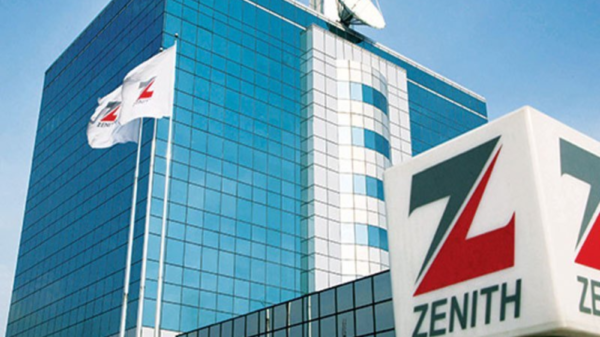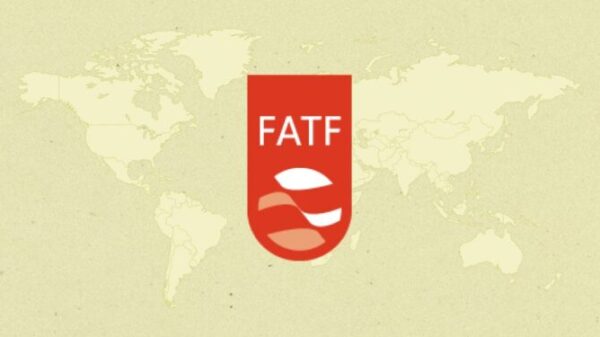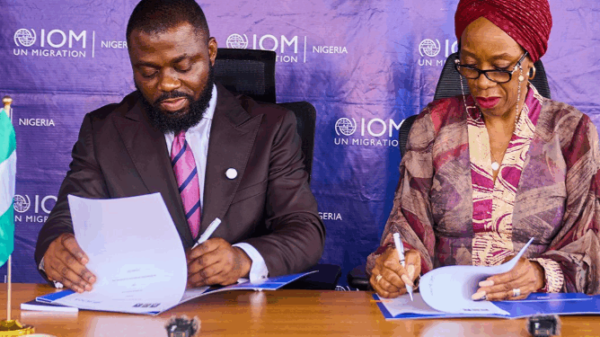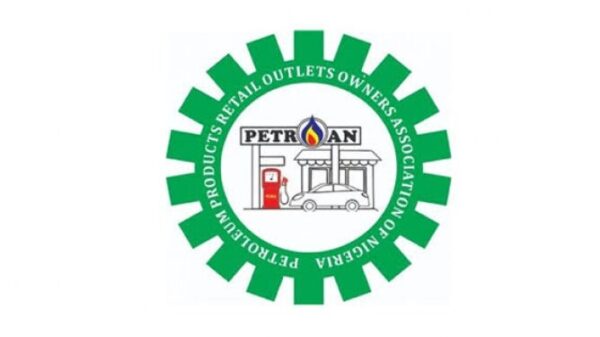The Centre for the Promotion of Private Enterprise (CPPE) has called for a strategic and measured approach to Nigeria’s industrialization, warning that “indiscriminate trade liberalization” could undermine domestic production and entrench economic dependency. In a new policy brief, the organization urged Nigerian policymakers to embrace “calibrated protectionism” — a policy framework that shields emerging industries from excessive foreign competition while nurturing competitiveness and innovation over time.
According to CPPE, no country has ever achieved sustainable industrial growth through unrestrained exposure to imports.
“Strategic protectionism is not economic isolation—it is a pathway to global competitiveness through domestic strength,” the organization stated.
CPPE emphasized that Nigeria’s path to industrialization must prioritize local production, technological learning, and value addition rather than dependence on imported goods. The group stressed that the ultimate goal of trade policy should not merely be openness, but the creation of competitive industries capable of standing on their own.
Lessons from the Asian Industrialization Model
Drawing lessons from Asia’s remarkable industrial transformations, the organization cited China, South Korea, and Malaysia as examples of economies that combined protectionism with long-term capacity building to achieve global competitiveness. For decades, these nations restricted certain imports, provided incentives to domestic manufacturers, and mandated local content in critical sectors such as manufacturing, electronics, and steel.
Only after strengthening their internal production base and technological know-how did these economies gradually liberalize trade and integrate fully into the global market. The CPPE’s analysis further referenced recent U.S. industrial policy—including subsidies for semiconductor manufacturing and incentives for electric vehicle production—as evidence that even advanced economies rely on selective protectionism to defend strategic interests.
“Producers should compete with fellow producers, not importers,” CPPE declared. “Local and foreign investors alike must be encouraged to manufacture in Nigeria rather than rely on the importation of finished goods.”
Oil and Gas: The Case for Domestic Refining
The CPPE highlighted Nigeria’s persistent dependence on imported refined petroleum products as a fundamental weakness in its economic architecture. The group argued that this reliance not only erodes foreign reserves but also exposes the nation to global price shocks and fiscal instability.
Welcoming the federal government’s introduction of a 15% import tariff on refined petroleum products, the organization described it as a “timely and necessary intervention” that could help revive domestic refining.
“This modest protection will enable refineries such as Dangote Refinery, the NNPCL refineries, and modular operators to thrive,” CPPE noted. “It represents a balanced step toward energy self-sufficiency and long-term resilience.”
The organization drew parallels between the oil sector and other industries that have benefited from structured protection, including flour milling, agro-processing, and pharmaceuticals. In these sectors, tariff adjustments and targeted support measures encouraged backward integration, local value addition, and job creation.
Balancing Protection with Competitiveness
While supporting protectionist measures, CPPE cautioned that tariffs alone are not enough to drive industrial transformation. The organization warned that exposing local manufacturers to global competition without addressing Nigeria’s structural deficiencies—such as unreliable power supply, inadequate transport infrastructure, and limited access to credit—creates what it termed a “policy-induced disadvantage.”
To ensure that protectionist policies translate into sustainable competitiveness, the group recommended a holistic strategy centered on low-cost financing, stable energy, modern infrastructure, and regulatory efficiency.
“Protection must be strategic, time-bound, and performance-based,” CPPE advised. “Once domestic industries achieve stability, Nigeria should transition to export competitiveness.”
The group also called for a strong monitoring and evaluation framework to ensure that beneficiaries of protection deliver measurable progress in innovation, productivity, and pricing. This approach, CPPE argued, would prevent rent-seeking behavior and ensure that protective policies foster genuine industrial efficiency.
Toward a Self-Reliant Industrial Future
In its conclusion, CPPE urged the federal government to maintain the 15% import duty on refined petroleum products while extending similar industrial safeguards to other critical sectors such as steel, petrochemicals, and agro-processing. The organization believes that disciplined protectionism—anchored on clear performance benchmarks—can transform Nigeria’s industrial base, boost employment, and enhance economic sovereignty.
“The goal is not to shut out the world,” the policy brief concluded, “but to empower Nigeria to engage it from a position of strength.”
Background on the Policy
According to the presidency, the recently introduced 15% import duty on petrol and diesel aims to reduce the competitiveness of imported petroleum products and encourage domestic refining. Special Adviser to the President on Media and Public Communication, Sunday Dare, explained that the move is designed to ensure Nigeria’s oil wealth directly contributes to national prosperity.
“This policy will help reverse the disturbing trend of over-reliance on imported fuel despite being one of the world’s top crude producers,” Dare said.
By promoting local refining, conserving foreign exchange, and creating jobs, the tariff aligns closely with the CPPE’s vision of strategic protectionism as a bridge to sustainable industrialization.















































